Freud Inc. - Carbide Forstner Bits
These carbide Forstner bits from Freud come sizes ranging from 1/4- to 2-1/8-in.-dia.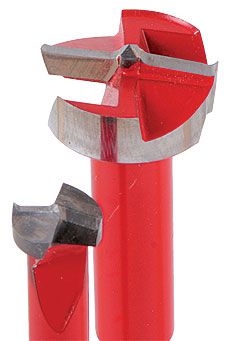
A Forstner bit is the best way to bore high-quality holes that are accurately sized, accurately located, and with a cleanly cut rim. Today, the bits come in a variety of designs. To find out which ones are best, I tested 18 brands judging them by several criteria: Size, chip-clearing, temperature, and drilling ability.
Size – I tested 1/2-in.-dia. and 1-in.-dia. bits. I measured the diameter of each bit to see how close it was to the specified size, and then I measured the diameter of the hole itself. Most holes were slightly larger than the bit that drilled them, indicating slight runout. For the Freud bits, the 1/2-in.-dia. bit was 0.502-in.-dia.and the 1-in.-dia. bit was 1.009-in.-dia. The bits drilled holes that were 0.502-in.-dia. and 1.009-in.-dia. respectively.
Chip Clearing – Bits choked with chips don’t cut well and may increase friction and burning. Many of the 1/2-in.-dia. bits became badly plugged when the head went below the wood’s surface. The Freud, however, didn’t get plugged. The 1/2-and 1-in.-dia. bits both cleared chips.
Temperature – To test the longevity of the bits, I mounted each 1-in.-dia. bit in a drill press. I chose the larger bits for this test because there is a greater area in contact with the wood, and therefore more friction. I set the speed to 480 rpm and drilled 100 holes 1 in. deep in hickory, a wood known for its ability to dull a sharp cutter. I used a digital infrared thermometer to check each bit’s temperature every 10 bores. An increase in temperature could signal a dulling cutting edge. While the temperatures ranged from 134ºF to 268ºF, the Freud bit measured an average of 184°F. In general, bits that made cleaner cuts generated less heat.
Drilling Ability – No other type of bit can match the quality of a Forstner for the cut around the rim and sides of a hole. The 1-in.-dia. Freud carbide bit left a good quality bore rim, while the quality of the 1/2-in dia. bit was very good.
I also tested to see how the 1/2-in. bit cut overlapping holes and holes drilled at an angle. The rim design in Forstner bits allow you to drill clean overlapping holes, as when excavating a mortise. The 1/2-in-dia. Freud bit scored a “very good” in its ability to bore overlapping holes, while the 1-in.dia bit received a “good” result in the test. The Forstner bit’s sharp rim also makes it easy to start the bit in a steeply angled workpiece, as when cutting pocket holes in a table apron. The Freud bits received a good score when tested for this.
I didn’t find an advantage with carbide over steel in my limited endurance test, but carbide should hold an edge longer, so a production shop might want to go with the Freud carbide bits.
Overall, I picked Famag bits as the best overall in the tests. Grizzly gets the nod for best value.
The Freud bits are available from amazon.com.
Fine Woodworking Recommended Products
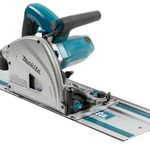
Makita SP6000J1 Track Saw
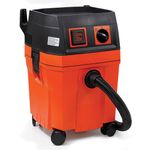
Fein Turbo II HEPA Wet/Dry Dust Extractor
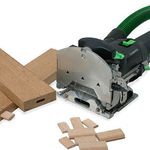
Festool DF 500 Q-Set Domino Joiner



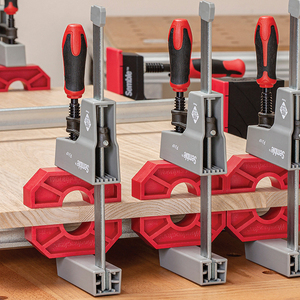
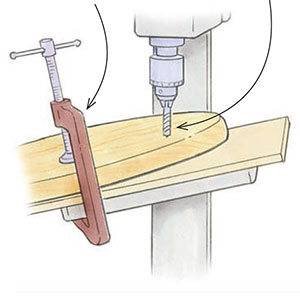
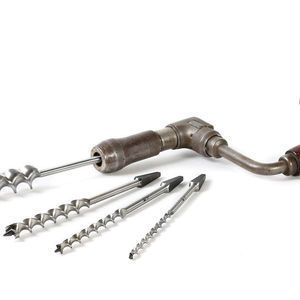
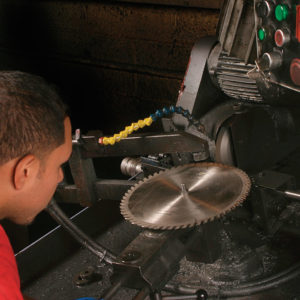



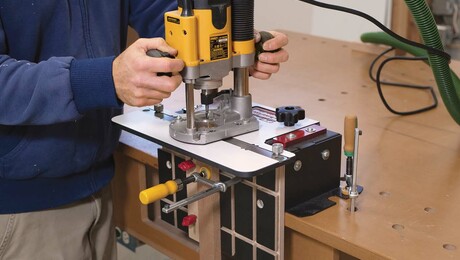
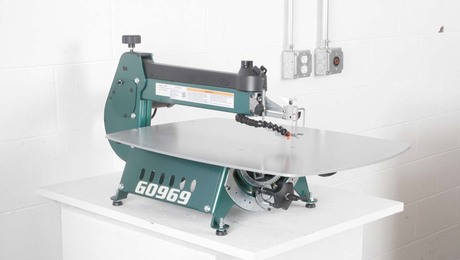

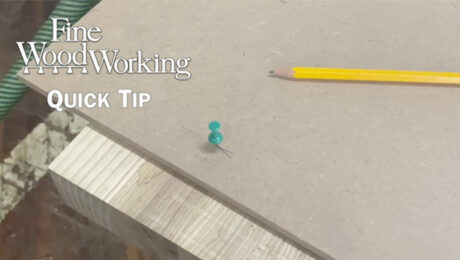








Log in or create an account to post a comment.
Sign up Log in